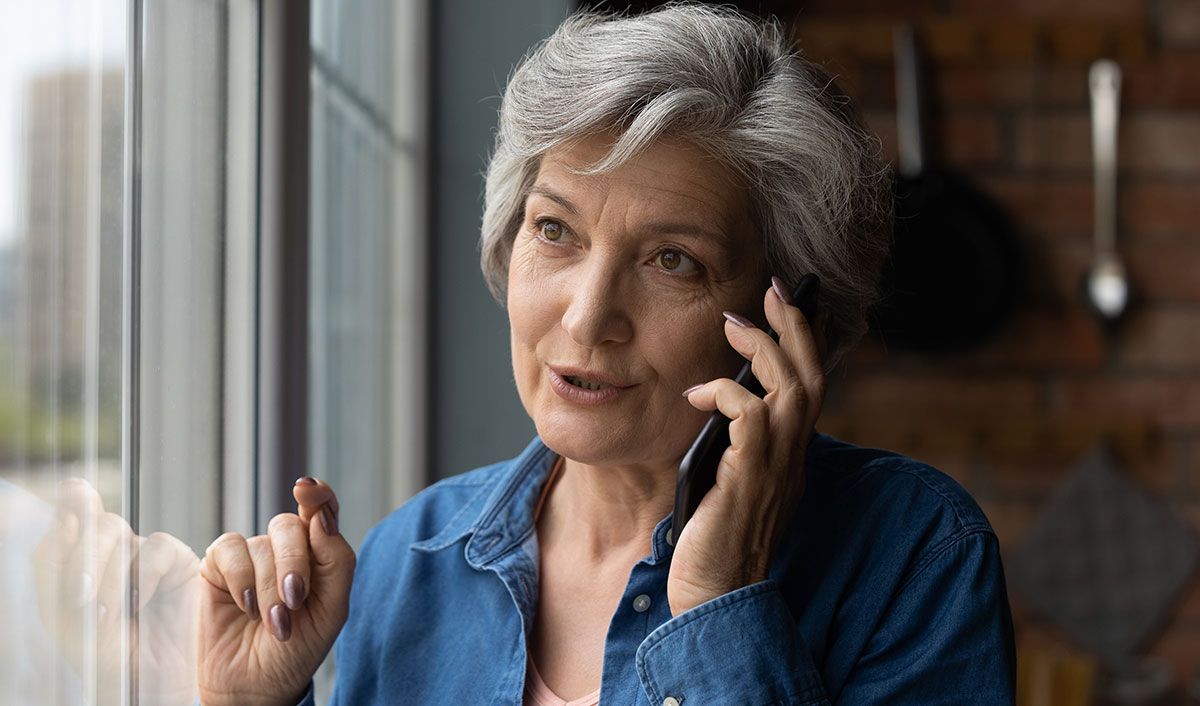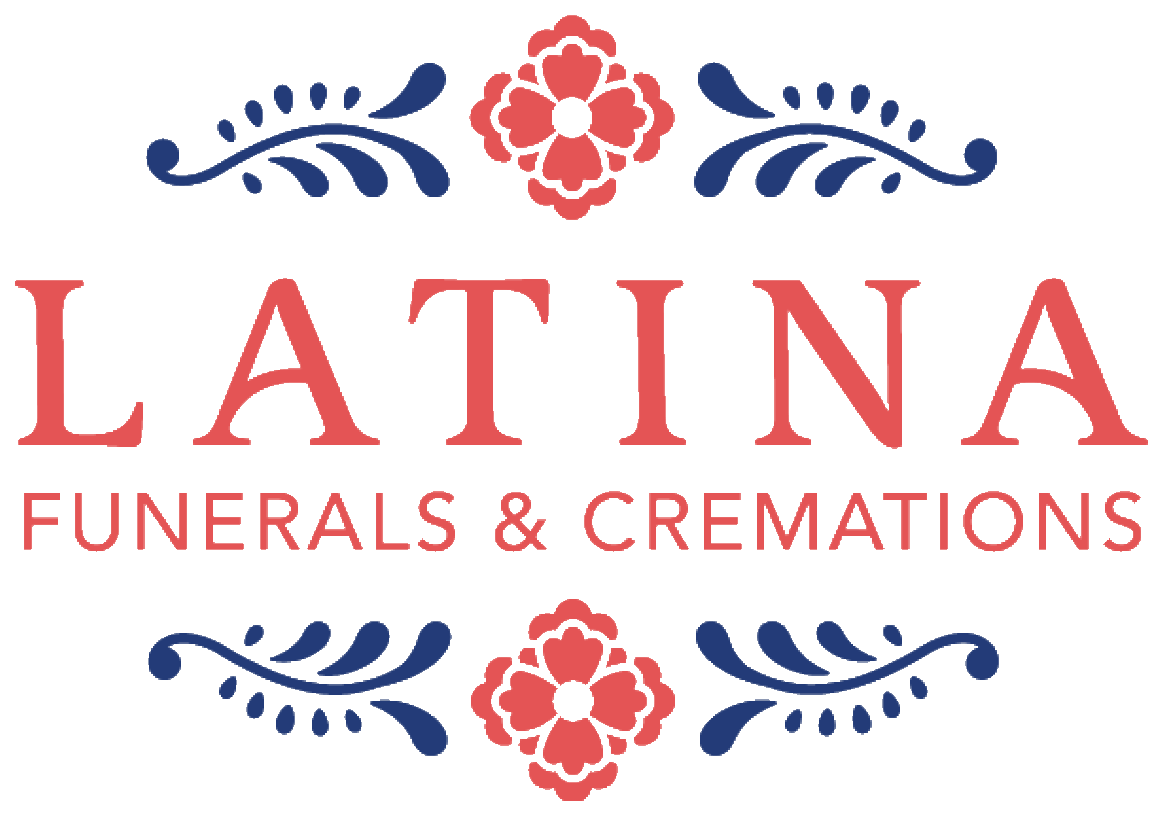Death is Complicated
Funeral preplanning makes it más fácil para su familia.

The death of a close loved one is something many people do not have experience with. When people think about death, they mostly think about loss, grief, and the sadness they will feel. But there’s another side of loss, the part that involves the many difficult decisions that must be made immediately after a loved one dies.
There is a long list of things to do when a person passes away. Planning a funeral service in addition to these, all while you’re overwhelmed with emotion can make arranging even the simplest service feel like a monumental undertaking. This is one of the many reasons that preplanning your own funeral and leaving detailed instructions can be such a relief for your family. Here are some of the many tasks your family must attend to when you die:
Inmediatamente después de pasar
- Notifique a familiares, amigos y empleadores. Notify family members first and accept any help they might offer; you will need all the support you can get. Next, call friends and closest relationships, then co-workers and employers. Be prepared to host people, and get your closest relatives and friends to help.
- Organiza el cuidado adecuado para el cuerpo. If the deceased passes in a hospital or in hospice, the staff will contact the funeral home of your choice and take care of the body while in their care. If they pass at home, you will need to notify their doctor or the police, depending on how they passed.
- Seleccione y comuníquese con una funeraria. If no specific instructions were left, you’ll need to speak to your family first and then ask the funeral director about the options available for the arrangements you’d like to make. They can help you decide on the type of funeral, or cremation services that are available as well as transporting your loved to another country if that is needed. For many Latinos, the religious service will also be vital and should be discussed with the family and the funeral home.
- Comuníquese con su iglesia. Notify your priest or clergy of your loved one’s death, and they will work with you and the funeral home to arrange services and home visits with your family.
- Localice un testamento, formularios de seguro y cualquier otro document legal. Not everyone leaves a will but it’s a good idea to look for one. The will and insurance policy will help avoid any conflicts within the family as to how property and other assets will be distributed. A will usually does not mention funeral instructions because the handling of the will takes place after the funeral.
- Look for property and loan documents and any other debts that might be owed. Notify all members mentioned in the will and make a plan to meet after the funeral to discuss the final wishes of your loved one.
- Asagure la casa, los bienes personales y las pertenencias. It’s unfortunate to think of theft at a time like this, but it happens. If the deceased lived alone, change the locks on the doors, close the windows and do a walk-through of the home. Dispose of perishable food, look for valuables in closets and under mattresses and locate car keys. Strangers who are aware of a death, and even family members, can use this opportunity to try and take advantage of the situation.
- Localice contraseñas y números PIN cierre cuentas. You will need to locate numbers and passwords for bank accounts, credit cards and other financial services, subscriptions, Social Security, car insurance, health insurance, and the many other social media and online services that will need to be canceled. If you can’t locate them, you may have to contact these institutions with a legal document (death certificate) allowing you access to them.
These are only some of the most important matters your loved ones will have to deal with after your passing. As difficult as it might sound, it makes sense for you to plan your final wishes in advance. Many families don’t often make out wills or talk about death in a practical and legal manner. Discussing them and making a plan now rather than leaving them with that burden can be the most valuable gift you leave them.
No one knows when they will leave this world. But you can know your family won’t have to take on the burden when the time comes.
Inmediatamente después de pasar
- Habla con tu familia. Sit down with your family and tell them it’s important to you that they are taken care of when you die, and that you don’t want them to have to wonder what your wishes were, or to have to take on the financial burden of the funeral. Ask them for their help in planning the details.
- Llame a una funeraria. Latina Funerals & Cremations has experienced advanced planners who will guide you through this process. Bring a family member and sit with one of our bilingual staff, discuss your wishes, your budget, and a payment plan, and if you would like to be taken to a home country for your final goodbye.
- Deja que Latina se encargue de todo. Once your plan is finalized, we will hold onto your paperwork for safekeeping. If you want to change your plan at any time, just call us and we will make your changes.
When you die, your family will reach out to us and we will then work to make all of your final arrangements. All your family will have to do is be there for each other.
We understand that our Latino community in Denver and their families have specific needs when they lose a loved one. Our staff at Latina Funerals & Cremations is always here for you. Call us at 1-303-996-0701 and we will be here to help you through this time and answer any questions you have.
Go en paz.
As members of Denver’s Hispanic communities, we feel a deep responsibility to help its families through some of their most difficult days. We are here for you and your loved ones, and our staff is available to answer any questions you may have.
Llámanos al (303) 996-0701.

